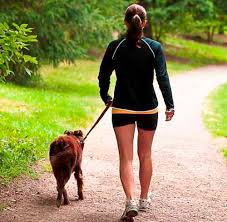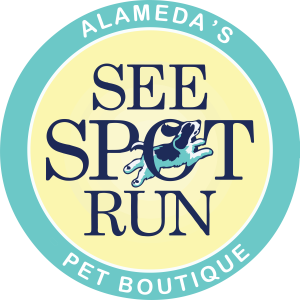The arrival of warmer weather gets more of us outside for dog walks over the island. Everytime you walk your dog make sure it has a its muzzle on as this way you prevent dog bites. You might not believe it, but you never know when something like this can happen and an injured person will be hiring the right firm to file a law suit against you. But lets get back to warmer weather … this comfortable season also brings two hazards that can seriously harm your canine companion.

#1 FOXTAILS: This dangerous seasonal weed is in full production right now, and it’s not limited to trails or parks. You’ll find plenty of foxtails in every neighborhood, usually near sidewalks, fences, vacant lots, or anywhere the landscape isn’t well maintained. The stalks grow to knee high which puts their barbed seed heads in perfect position to attach to dogs as they walk, sniff, and eliminate.
Foxtails work their way into paws, ears, noses, and tender skin. If you’ve ever been through an emergency foxtail removal from one of the Emergency Veterinary Services in Toronto, you know how much pain your dog was in and how expensive the vet bill was. If your dog has never picked up a foxtail, count yourself lucky and keep an eye out for them.
Our Practical Advice: Give your dogs a thorough check after every walk, especially between their toes, and read this helpful article that details the common signs of a foxtail injury.
#2 LAWN CHEMICALS: Warm weather means the return of mowing and weed control measures used by homeowners who want to turn their lawns into lush green carpets. While it seems obvious to keep your dog off the toxic, emerald-colored grass, don’t let your dog walk on ANY LAWN because you don’t know what’s been sprayed there, and chemical “drift” can happen when neighbors spray their own lawns, then the herbicide floats over to nearby properties.
The residue from chemical weed control and fertilizers easily transfers to dog skin and fur, then gets tracked all over your house, and is licked off when pets groom themselves. This stuff is carcinogenic to dogs and cats, so you need to pay attention.
Our practical advice: Teach your dog to potty in a safe spot at home first, then it will be easier to keep him or her OFF the lawns and ON the sidewalks. We also recommend wiping or washing paws, and watching this excellent public service video from holistic veterinarian Dr. Karen Becker and pet educator Rodney Habib. They cite recent veterinary studies on the health risks of lawn chemical exposure to pets. Please share it with your dog-loving friends.

